Cultural policy news
The precarity of the cultural sector: Should we reconsider the status of artists and cultural workers in Europe?
Across Europe, cultural sectors en large and the people working in fields related to art and culture were hit especially hard during the 2020 and 2021 COVID pandemic. Many cultural venues were closed, and programmes were cancelled (or weren’t initiated at all). Many artists and cultural workers fell deeper into precariousness and poverty than before COVID. Many were driven out
Reimagining Europe through culture: Should the EU place culture as one of its priorities?
Should we have a cultural deal for Europe and put culture as one of the top EU priorities? Many cultural professionals, scientists and policymakers think that European Union needs a deep and thorough reimagining of its cultural policies and that the matter is pressing. The growing precarity of the cultural sector in Europe presents an additional urgency to the issue.
Initiative ‘Kapsalon theater’ offers theater performances while getting your haircut, to raise awareness for the struggling Dutch cultural sector.
After a month of ‘heavy lockdown’, last week Friday the Dutch government announced that it was once again possible for certain sectors to open up with Covid safety precautions set in place. Many people were pleased as this would mean that services like hairdressers and nail salons would open their doors again; however, theaters and other cultural venues remain closed
New Danish government budget for 2022 puts research-based knowledge about culture and cultural initiatives on the agenda
With the new 2022 budget plan, the Danish government has announced to finance the establishment and development of a new Institute for Cultural Analysis. “Kulturens Analyseinstitut” will be established as an independent institute, contributing to a better understanding of the importance of culture for the individual citizen and for society as a whole. Research needed to develop the cultural field
Cultural policy still neglected by (Croatian) politicians: an interview with Mirko Petrić
An interview with the Croatian INVENT team member Mirko Petrić about how political parties in his country view the societal role of culture was published in a major Croatian newspaper (and its associate news portal). The article was published on 5 June 2021, in the wake of the Croatian local elections, during the municipal and county council constitution period. In
Croatia’s participation in Creative Europe (2014-2020)
On the occasion of marking the end of the Creative Europe programme (2014 – 2020), the Croatian Desk of Creative Europe issued the publication “CREATIVE EUROPE (2014 – 2020): CROATIAN EXPERIENCES”. The bilingual (Croatian and English) publication offers a basic analysis of Croatia’s participation in the Creative Europe Culture sub-programme, providing the following highlighted information: Between 2014 and 2020, 96 Croatian
Sociallly engaged art collectives shortlisted for Turner Prize
The Turner Prize, which aims at encouraging wider interest in contemporary art, has recently published its shortlist, which is comprised entirely of socially engaged art collectives. This indicates intention to reward art that is collaborative, participatory, and involves people as the medium or material of the work. The themes underlying this year’s prize — social change, collaboration, and solidarity —

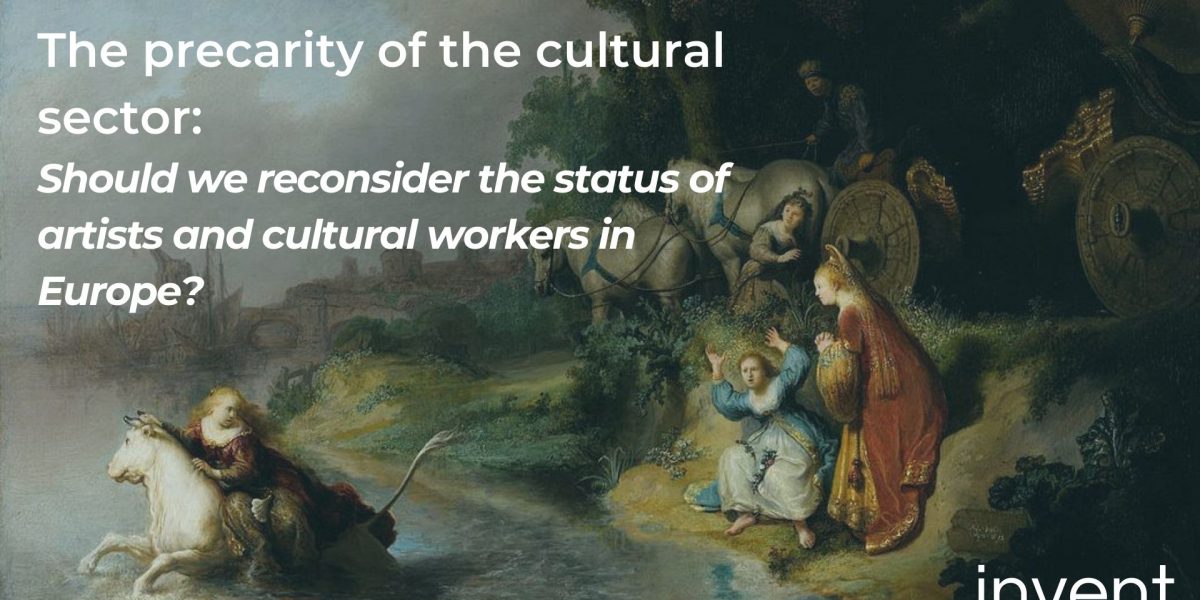
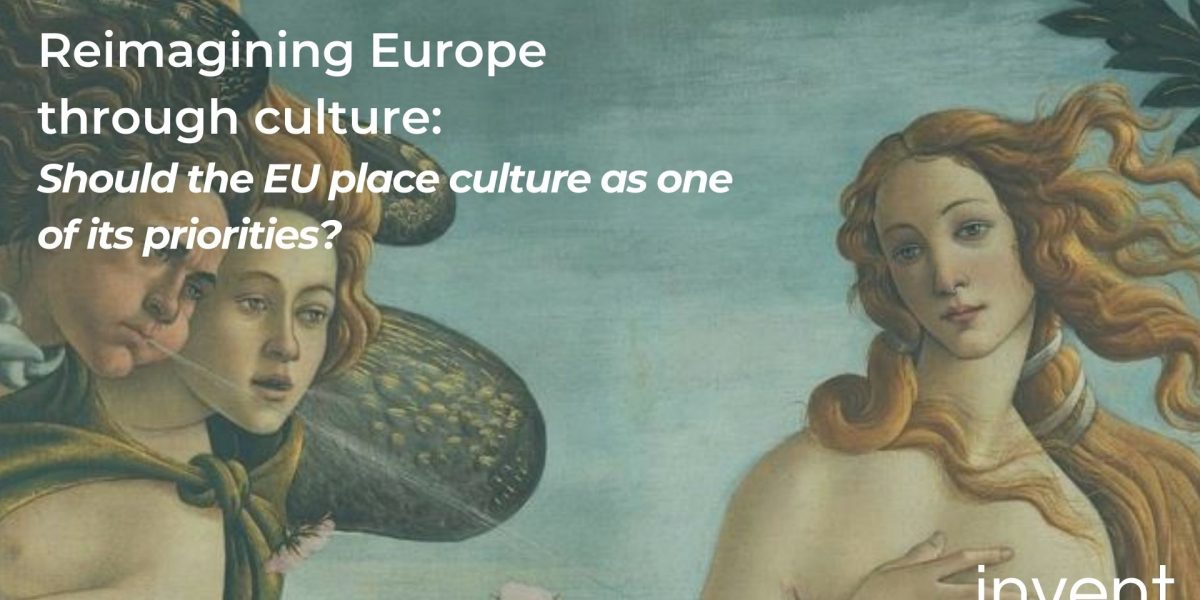
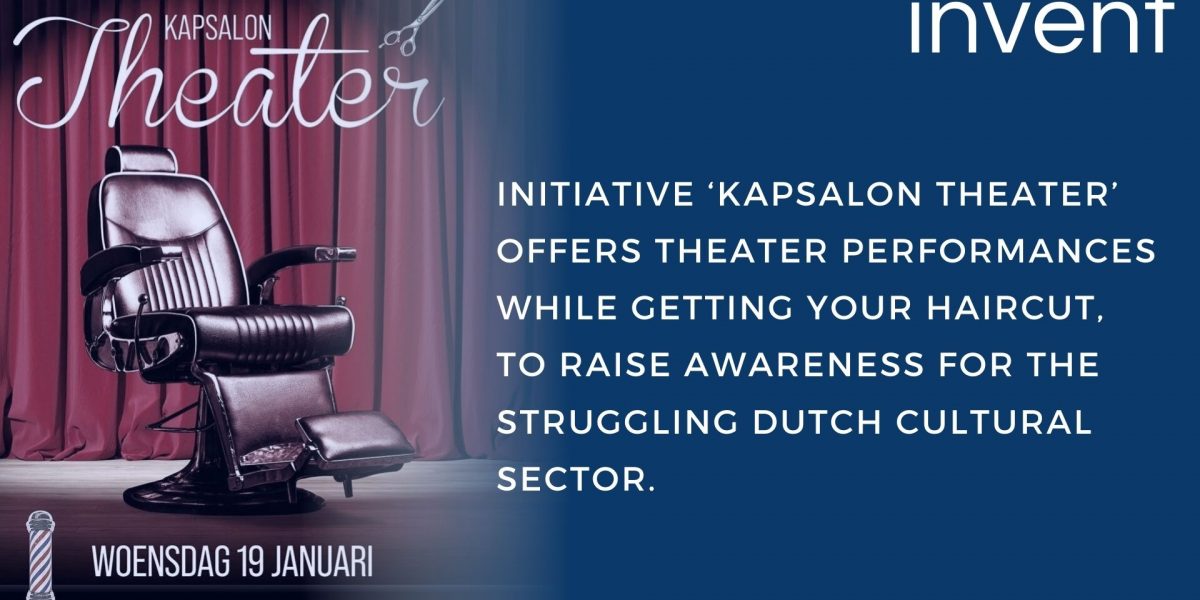
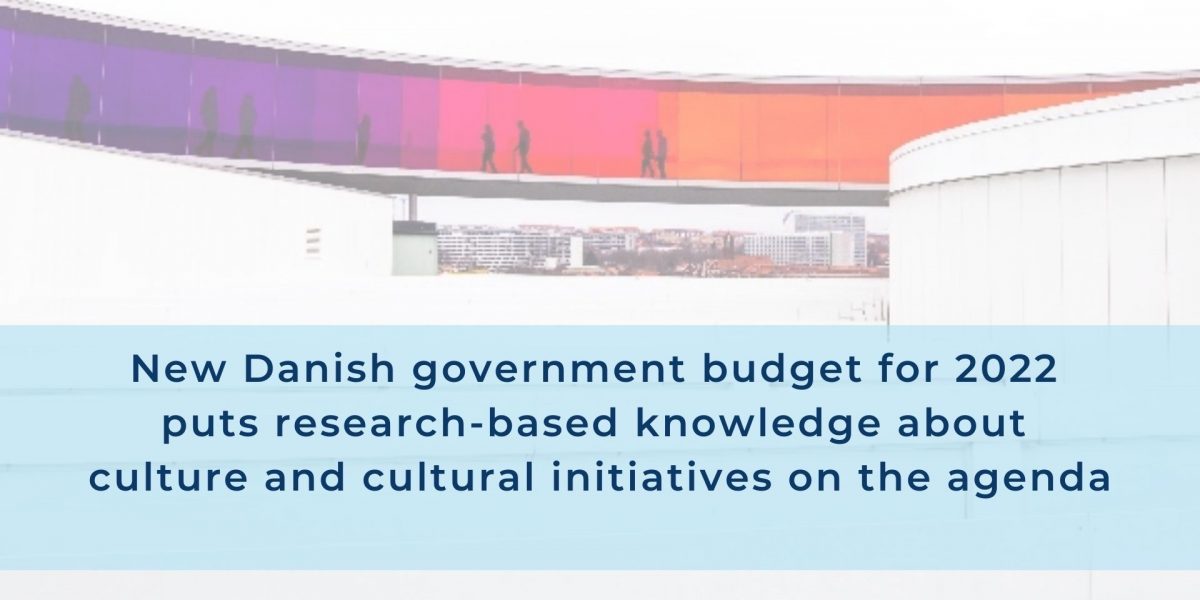
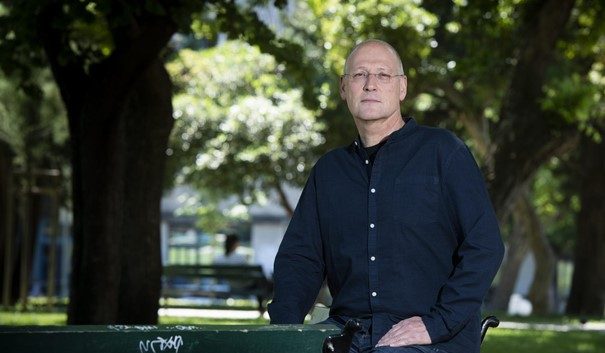
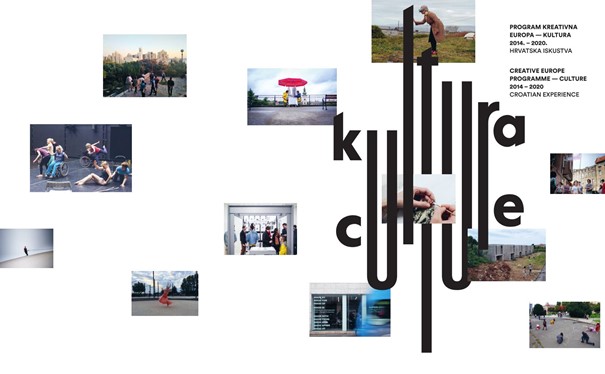
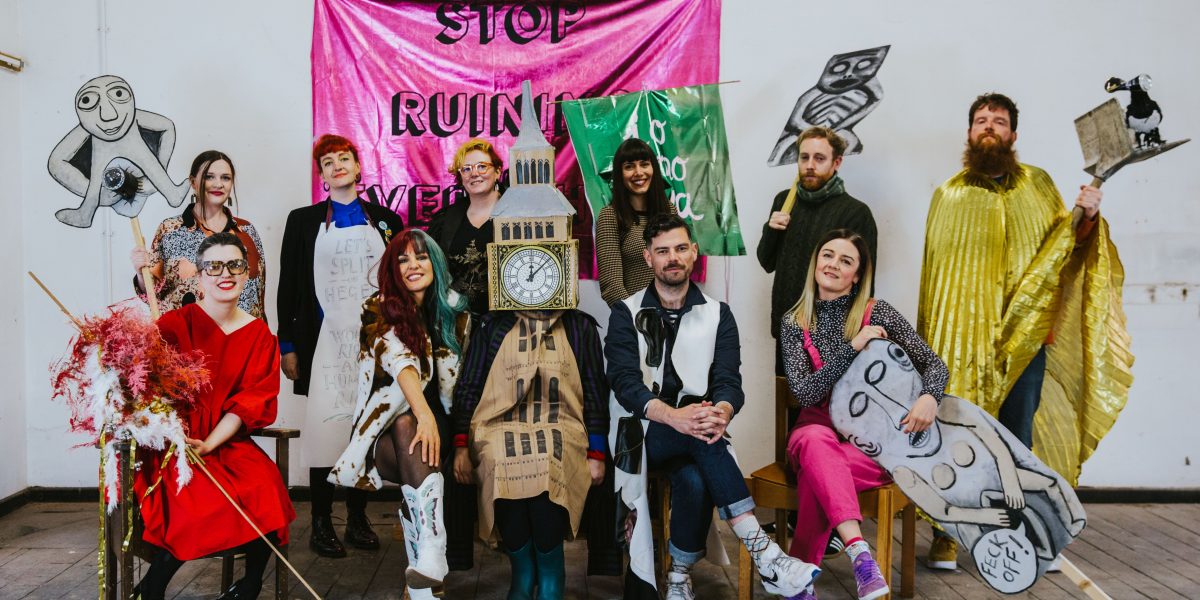

 This project has received funding from the European Union’s Horizon 2020 research and innovation programme under grant agreement No
This project has received funding from the European Union’s Horizon 2020 research and innovation programme under grant agreement No